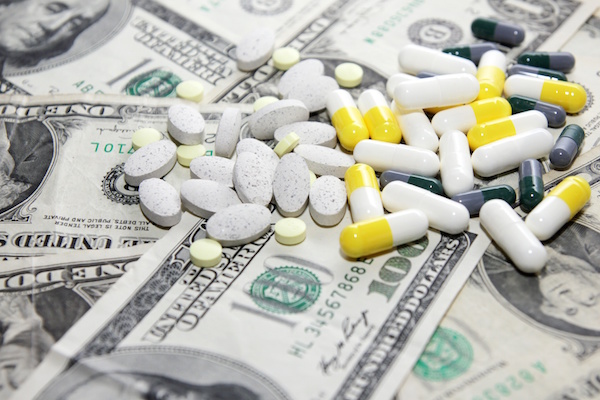
FRIDAY, May 31 (HealthDay News) — One in 10 teens admits to using a prescription stimulant or amphetamine to boost their performance in school, but most parents aren’t aware of the scope of the problem, a new study finds.
In an effort to stay alert and get better grades, students are taking so-called “study drugs,” such as Adderall, Concerta, Ritalin and Vyvanse, which are intended to treat attention-deficit/hyperactivity disorder (ADHD).
Taking these medications, however, has not been shown to help students improve their grades, the researchers said, and abuse of these drugs could be very dangerous.
A national survey of more than 700 randomly selected households with teens, conducted in January by the University of Michigan Mott Children’s Hospital, found that only 1 percent of parents of teens between 13 and 17 years old believe their child has taken a stimulant as a study aid.
Yet in a 2012 University of Michigan study sponsored by the U.S. National Institute on Drug Abuse, 10 percent of high school sophomores and 12 percent of seniors admitted to using a “study drug” that was not prescribed by a doctor.
“What we found in this poll is a clear mismatch between what parents believe and what their kids are reporting,” Dr. Matthew Davis, director of the C.S. Mott Children’s Hospital National Poll on Children’s Health, said in a university news release.
“We know teens may be sharing drugs or spreading the word that these medications can give their grades a boost,” Davis said. “But the bottom line is that these prescription medications are drugs, and teens who use them without a prescription are taking a serious risk with their health.”
“Taking these medications when they are not prescribed for you can lead to acute exhaustion, abnormal heart rhythms and even confusion and psychosis if the teens get addicted and go into withdrawal,” he said.
The new survey revealed that 54 percent of white parents were “very concerned” about their child taking study drugs, compared with 38 percent of Hispanic and Latino parents and 37 percent of black parents. However, just 27 percent of parents polled have talked to their teens about the use of prescription drugs to get better grades. Of these parents, 41 percent were black, 27 percent were white and 17 percent were Hispanic.
“If we are going to make a dent in this problem and truly reduce the abuse of these drugs, we need parents, educators, health care professionals and all who interact with teens to be more proactive about discussing the issue,” Davis said.
The majority of parents surveyed said they would support school policies designed to stop abuse of stimulant drugs in middle schools and high schools. More than three-fourths also said they thought schools should educate students on the dangers associated with the abuse of these medications.
The survey also revealed that 79 percent of parents think students with a prescription for an ADHD drug should be required to keep their medication in a secure location, such as in the school nurse’s office, to prevent it from being shared, sold or used by other students.
More information
The U.S. National Library of Medicine has more about amphetamines.

